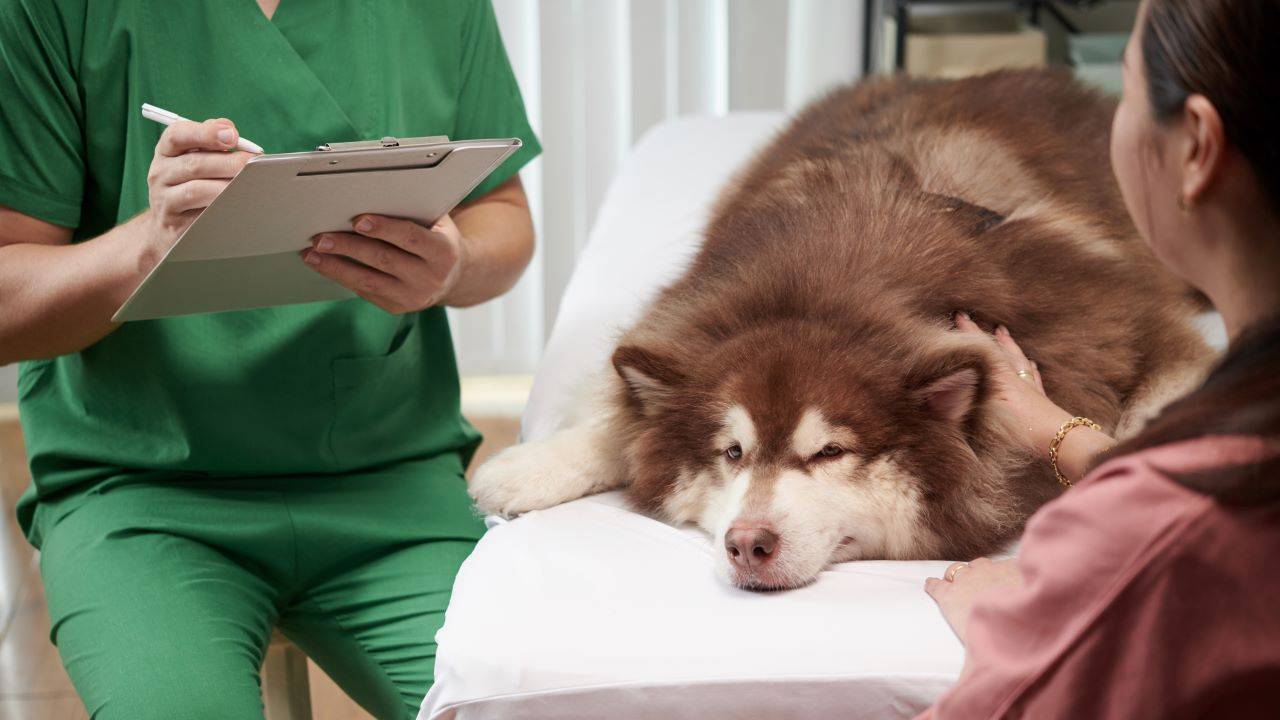Misinformation abounds in the digital age, and pet care is no exception. Well-meaning advice passed down through generations or internet anecdotes can sometimes lead to harmful misconceptions. Here, we debunk three common myths to empower you to make informed decisions for your beloved companion’s well-being:
Myth #1: Raw Food Diets Are Always Healthier
Raw food diets, consisting of uncooked meat, bones, organs, and vegetables, have gained popularity in recent years. While proponents tout their “natural” appeal, the reality is more complex.
Potential Risks of Raw Diets:
- Bacterial contamination: Raw meat can harbor harmful bacteria like Salmonella, E. coli, and Campylobacter, posing risks to both pets and humans.
- Nutritional imbalances: Creating a balanced raw diet requires careful planning and sourcing, and even minor errors can lead to deficiencies in essential vitamins and minerals.
- Choking hazards: Bones can splinter and pose choking hazards, especially for smaller pets.
Commercially prepared pet food, on the other hand, undergoes rigorous testing to ensure safety and meet all your pet’s nutritional needs. These diets are formulated by veterinary nutritionists to provide the right balance of protein, carbohydrates, fats, vitamins, and minerals for each life stage.
Myth #2: Indoor Cats Don’t Need Vet Care
The belief that indoor cats, shielded from the “dangers” of the outdoors, don’t require regular veterinary checkups is a significant misconception. While they may be less prone to certain infectious diseases, indoor cats are still susceptible to numerous health issues:
- Hidden health problems: Early detection of diseases like diabetes, kidney disease, and dental problems is crucial for successful treatment. Regular checkups allow veterinarians to identify these issues before they progress significantly.
- Parasites: Even indoor cats can be susceptible to internal parasites, like roundworms and hookworms, transmitted through contaminated environments or contact with other pets. Regular parasite prevention is essential for their health.
- Behavioral concerns: Stress, anxiety, and litter box aversion can manifest in indoor cats. Regular checkups provide an opportunity to discuss these concerns and receive guidance from a veterinarian.
Scheduling annual checkups for your indoor cat, just like their outdoor counterparts, is crucial for their long-term health and well-being.
Neglecting vaccinations not only puts your pet at risk but also contributes to the potential spread of diseases within the community. Consulting your veterinarian about the recommended vaccination schedule for your pet is vital for their protection and the well-being of other animals.
Myth #3: Vaccinations Are Optional
Vaccinations are one of the most effective tools we have to protect our pets from potentially life-threatening diseases. Unfortunately, the misconception that vaccinations are unnecessary or harmful persists:
- The importance of herd immunity: Vaccinations not only protect individual pets but also contribute to herd immunity, a phenomenon where communities become less susceptible to infectious diseases as a greater percentage of the population is vaccinated. This “collective immunity” shields unvaccinated individuals, including young puppies, kittens, and immunocompromised animals.
- Vaccines are safe and effective: Developed through rigorous research and testing, vaccines offer safe and effective protection against a wide range of diseases like rabies, distemper, parvovirus, and feline leukemia.
Myth #4: My Dog’s Mouth is Cleaner Than My Own
While the saying “a dog’s lick heals all wounds” may be endearing, it’s important to understand that a dog’s mouth, while not inherently sterile, harbors a diverse range of bacteria, some of which can be harmful to humans.
Why a Dog’s Mouth Isn’t “Cleaner”:
- Exposure to various environments: Dogs explore their surroundings with their mouths, picking up a multitude of bacteria from the ground, other animals, and various objects like toys, feces, and even decaying matter. These bacteria can include E. coli, Salmonella, and Pasteurella, which can cause gastrointestinal illness, skin infections, and even more serious complications in humans, especially young children and individuals with weakened immune systems.
- Digestive bacteria: The canine digestive system is designed to handle certain bacteria that would be harmful to humans. This bacteria helps dogs break down food and aids in digestion, but it can pose a health risk when transmitted to humans through bites or licks.
Alternatives to Dog Licks:
- Seek medical attention: For any wounds or injuries, consult a veterinarian for proper cleaning and treatment.
- Provide affection in safer ways: Opt for petting, cuddling, or playing as safer ways to show your love and bond with your furry friend.
Remember, while dogs offer unconditional love, their mouths are not suitable for wound cleaning. By understanding this common misconception, you can prioritize both your pet’s and your own health and well-being.
Your Partner in Comprehensive Pet Care in Winter Garden, FL
As pet owners in Winter Garden, FL, we want nothing more than our furry companions to live long and healthy lives. However, navigating the world of pet care can be confusing, with numerous myths and misconceptions circulating online and through word-of-mouth. By debunking four common myths in this blog post, we hope to empower you to make informed decisions for your beloved pet.
Remember, prevention is key. Regular checkups, a balanced diet, and up-to-date vaccinations are crucial for your pet’s long-term health and happiness. At Easyvet Winter Garden, we are passionate about providing exceptional veterinary care to pets in Winter Garden, FL, and the surrounding areas, including Horizon West, Ocoee, Clermont, and Windermere. Our dedicated team of veterinarians and staff is committed to offering comprehensive wellness services, compassionate treatment, and expert guidance to help your pet thrive. If you have any questions or concerns about your pet’s health, or if you’d like to schedule an appointment, feel free to book online. We look forward to partnering with you in caring for your furry family member!





